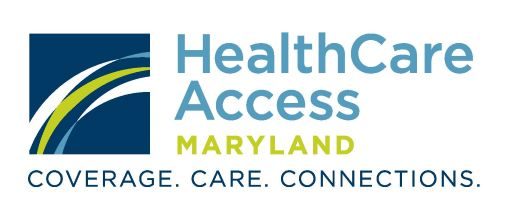Almost 2 in 5 American adults will be diagnosed with cancer over their lifetime. Many, if not most, of these cases can be prevented.
In the U.S., more than 1.8 million people are diagnosed each year with cancer, and it is the second leading cause of death. The four most common cancers in the U.S. are lung, colorectal, breast, and prostate, with lung cancer being the leading cause of cancer deaths. While prostate, lung, and colorectal cancers combined comprise 46% of all new cases in men; breast, lung, and colorectal cancers comprise just over 50% of all new cases in women.
Unfortunately, many people put off life-saving cancer screenings during the pandemic. The good news is that many cancers can be prevented or caught early by making simple lifestyle changes, knowing your family history, and maintaining doctor’s visits and screenings. Here are some tips to help reduce your risk of cancer.
- Improve lifestyle choices: Studies show that eating well, exercising, getting adequate sleep, quitting smoking, limiting alcohol, protecting your skin, and controlling weight are crucial in helping prevent cancer. As 42% of U.S. adults adopted unhealthy habits and gained an average of 29 pounds since the beginning of the COVID-19 pandemic, making lifestyle improvements can be challenging. I tell my patients to start by adopting small, focused, and realistic changes. For example, try filling half of your dinner plate with vegetables and whole grains and go for low-fat dairy products. If 30 minutes of physical activity per day isn’t realistic, start with 15 minutes walking, household cleaning, dancing or gardening and try to advance your activity as tolerated.
- Know your family health history: It’s important to share it with your healthcare provider, particularly where there is a record of hereditary cancers. If close relatives have had cancer and are willing to undergo genetic testing, the results of those tests will help provide insight into your risk. Abnormal variants among family members could suggest an increased chance of developing cancer. It’s important to remember that an increased likelihood is not a cancer diagnosis. Still, it will help you start with a personalized cancer screening plan for early detection. Likewise, your family will benefit from this information. At Kaiser Permanente, we use personal genomics to understand how some patients may be at higher risk for certain hereditary cancers and set up an individualized screening schedule with reminders for patients and their doctors.
- Get routine screening: If you are one of the 41% of adults who delayed routine medical appointments and missed critical screenings during the pandemic, now is the time to commit to regular doctor visits and screenings. When diagnosed early at stage I, the five-year survival rate is at least 99% for breast and prostate Talk with your doctor about screening options that match your risk to better catch cancer at an early stage. If you receive positive results from genetic testing, you should speak with your primary care provider to discuss your schedule for routine cancer screenings. At Kaiser Permanente, we send reminders to our members for screenings, appointments, and vaccinations based on genetic factors to keep them healthy. For example, colon cancer screening should begin at age 45 for people with average risk. While colonoscopies are time-consuming, many patients can use a FIT kit as an option that only takes a few minutes – you can collect a sample and drop it in the mail. I’m proud that our patients have lower colon cancer mortality rates than the national average. If everyone screened patients for colorectal cancer at the same rate we do at Kaiser Permanente, more than 9,100 lives would be saved every year.
Take control of your health by adopting a healthy lifestyle, knowing your family history, and scheduling routine appointments that include screening. You can live a healthy, rewarding life by prioritizing your health and working with your primary care doctor.
About the Guest Blogger:
Kwame Akoto, MD is a board-certified family medicine specialist practicing at Kaiser Permanente’s South Baltimore County Medical Center. Dr. Akoto was recognized as a Top Doctor by Baltimore Magazine in 2019 and 2020 and a Rising Star Doctor by Washington Post in 2013.
If you need to get back on track with health screenings, HealthCare Access Maryland’s (HCAM) Care Coordination team can help. Call 410-649-0500, option 2 to be connected to an HCAM team member.






